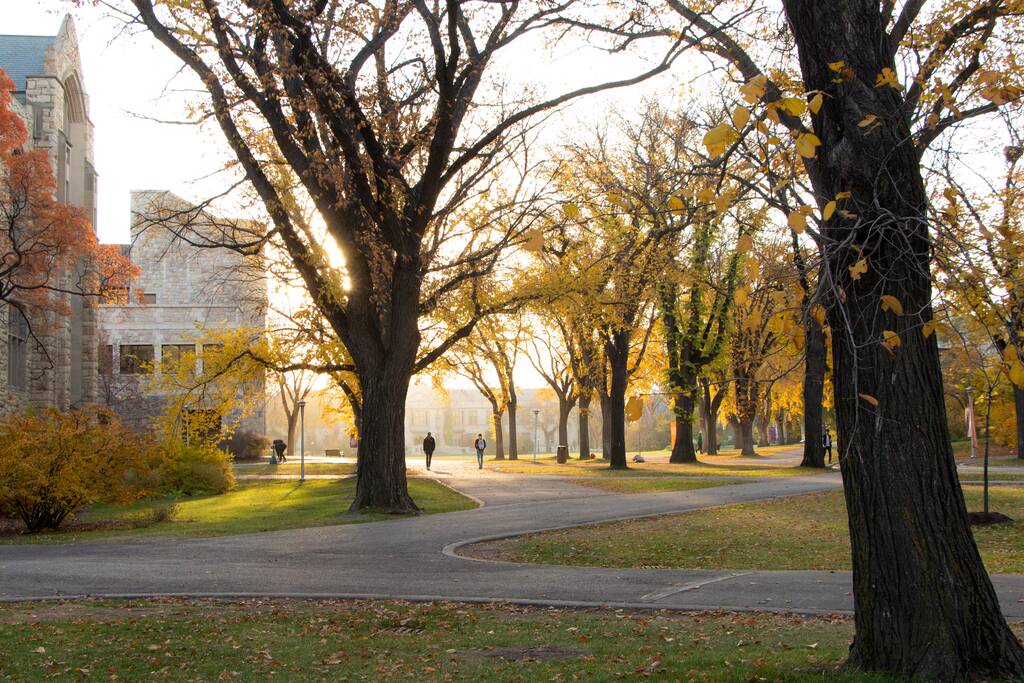
USask makes strides in international subject rankings
The University of Saskatchewan (USask) has ranked in the top 100 universities in the world in four subject areas, according to a recent publication.
By Matt Olson, Research Profile and ImpactIn the ShanghaiRanking 2024 Global Rankings of Academic Subjects (GRAS), USask notably earned top 100 spots in Water Resources (29th), Agricultural Sciences (51-75th), Earth Sciences (76-100th) and Veterinary Sciences (76-100th).
This marks an improvement on last year’s rankings, when USask had only two placements in the top 100.
The GRAS includes more than 1,900 universities around the world in 55 different subject areas. USask ranked in the top 200 worldwide in 10 different subjects in total.
Along with the four top-100 placements, USask also ranked in the top 200 in Atmospheric Science (101-150th), Law (101-150th), Energy Science & Engineering (101-150th), Environmental Science & Engineering (101-150th), Dentistry & Oral Sciences (151-200th) and Materials Science & Engineering (151-200th).
“This international acknowledgement of excellence at USask is a recognition of the world-leading research, scholarly and artistic work that takes place here,” said USask Vice-President Research Dr. Baljit Singh (PhD). “These rankings highlight the significant impact USask’s teaching and research has on a global scale.”
USask ranked in 25 out of 55 subject areas overall and ranked highly among the U15 Group of Canadian Research Universities. USask placed in the top 10 in Canada in 14 of the 25 ranked subject areas.
“We are proud of the high level of research and scholarly excellence that takes place at USask, and we are pleased to see that excellence recognized on a national and international stage,” said Acting Provost and Vice-President Academic Vince Bruni-Bossio. “These subject rankings are just one piece of what USask has achieved and continues to achieve.”
Together, we will undertake the research the world needs. We invite you to join by supporting critical research at USask.
Article re-posted on .
View original article.

